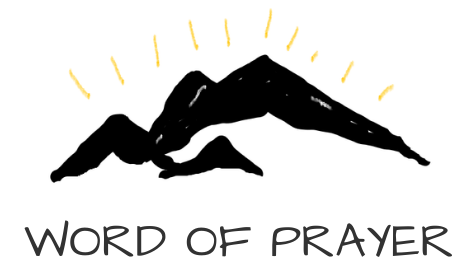Pray and don’t give up!
- Post author:Ron
- Post published:December 5, 2019
- Post category:Journey with Jesus/Prayer is.../Praying God's Word
Why do we give up on a prayer? Is it discouragement? We ask for something and don’t see results. Or we don’t like what happens and assume God isn’t listening or at least not giving a favorable answer. In Luke 18 Jesus tells his disciples a short parable about prayer that challenges us to persist.
 There is a judge who doesn’t fear God or care about the opinions of others. In other words, he’s not very open to persuasion.
There is a judge who doesn’t fear God or care about the opinions of others. In other words, he’s not very open to persuasion.
A widow in the city keeps coming to the judge asking him to hear her case. In Jesus’ world, women didn’t have the rights and protections that they have today. Without a patron–a husband or a powerful relative–she wasn’t likely to have her case even heard. Judges decided their own docket, whose case they would consider and who they would turn away. The judge gave the woman a cold shoulder.
But she keeps coming. And coming. Showing up and asking to be heard.
